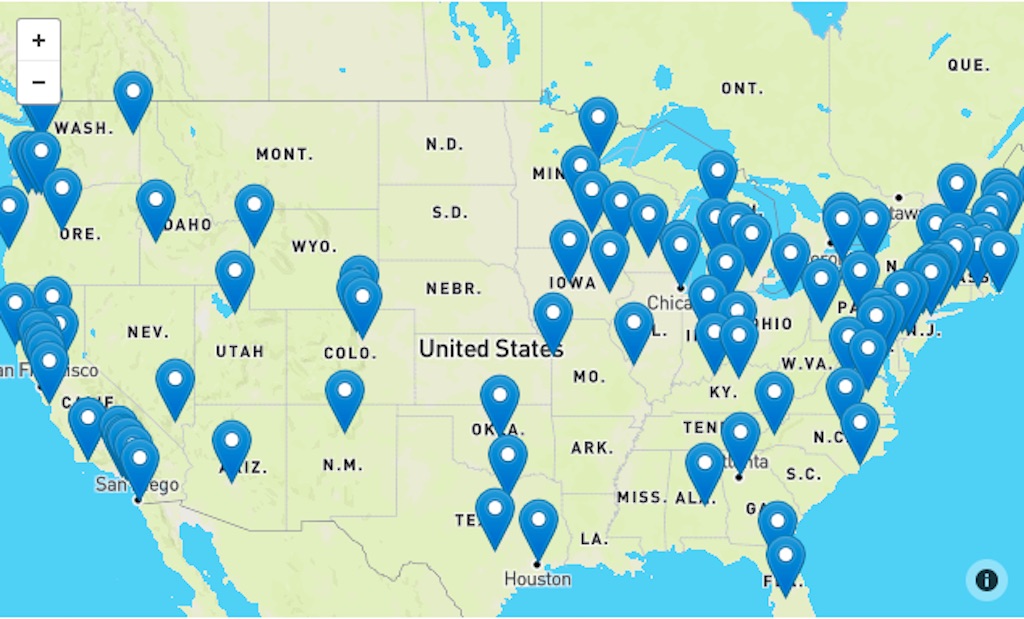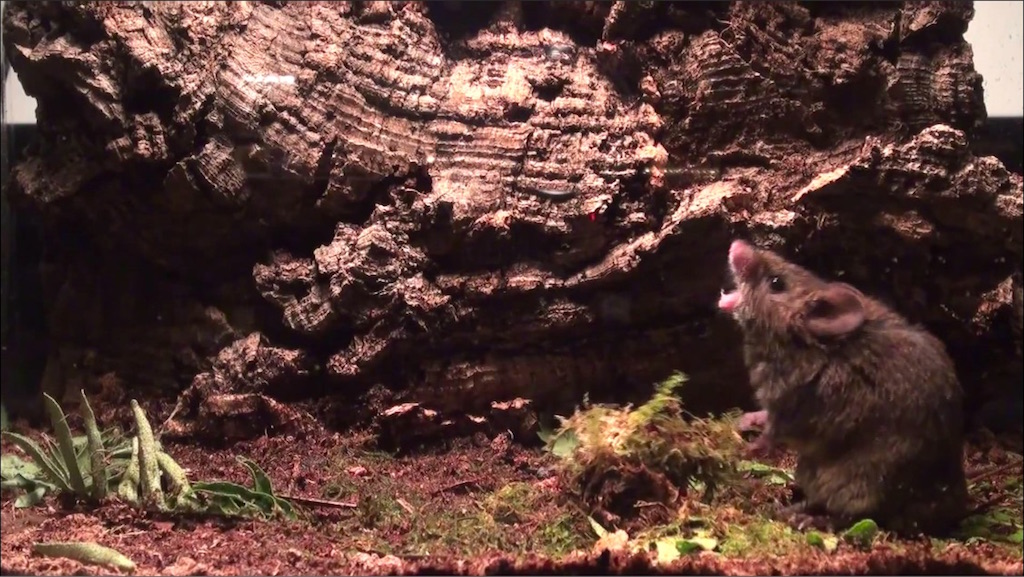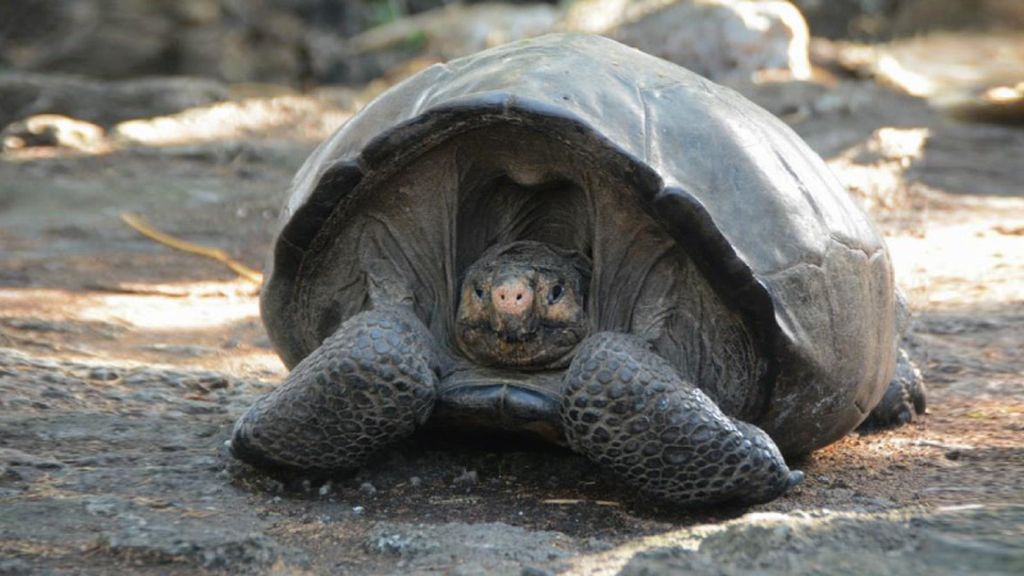Around 1.5 million people in over 120 countries took to the streets on Friday, March 15 as part of a worldwide climate strike, inspired by Greta Thunberg.
Published in “Science”
When you read NewsForKids.net, you're reading an article on the World Wide Web. Though most of us can't imagine a world without the web, just 30 years ago, it didn't exist.
Student climate strikes, which have become a powerful political force in Europe and Australia, are finally coming to the US. Over 100 protests are planned across the US for Friday, March 15.
Over 88 tons of oil has spilled out of a ship that ran aground near a special natural area of the Solomon Islands. So far almost nothing has been done to limit the flow of oil.
On March 29, two NASA astronauts will carry out the first all-female spacewalk in history. The astronauts' support crew in the control station on Earth will also be led by two women.
Volvo says that beginning in 2020, it will limit the speed of all of its cars to 112 miles per hour (180 kilometers per hour). The car maker hopes the move will lead to better safety.
When heat waves on land cause wildfires, people see them and notice them. But scientists are warning that heat waves in the oceans may be causing as much or more damage.
Two different groups of scientists are looking at the way mice talk to each other, but they are doing this in very different ways. Both sets of scientists are learning amazing new information about mice.
Last year, French and Australian scientists learned that bees could understand the idea of "zero". Now the same scientists have discovered that bees can add and subtract.
For years Katherine Johnson worked at NASA, doing math that saved lives. It took a long time for her work to get much attention. Now NASA has named two buildings for her.
In recent weeks scientists have found two very different animals that have not been seen in dozens of years - a very rare tortoise and the world's largest bee.











